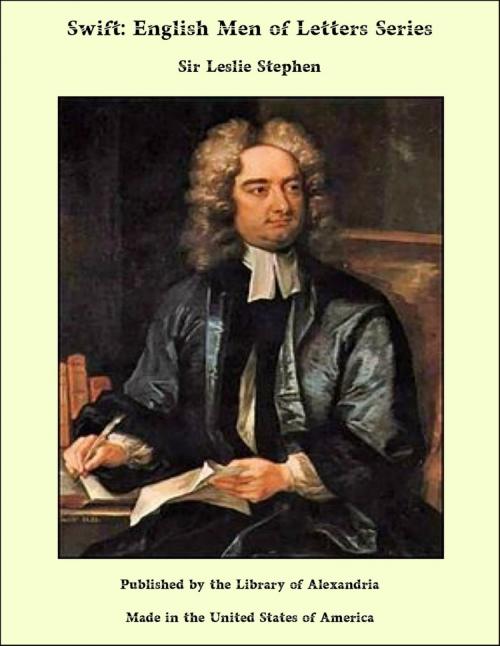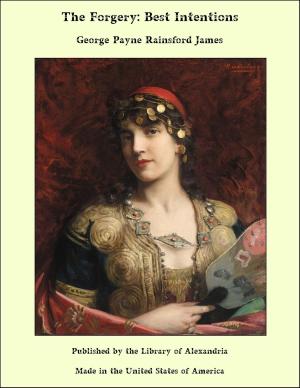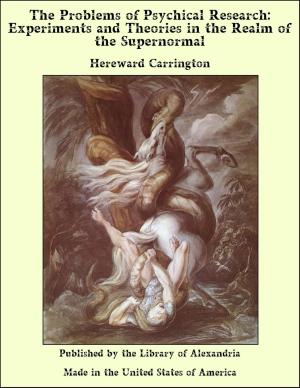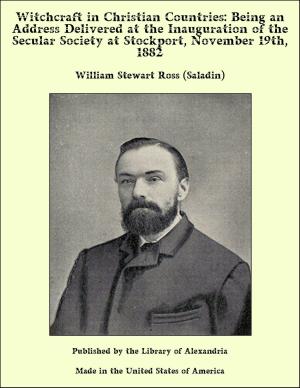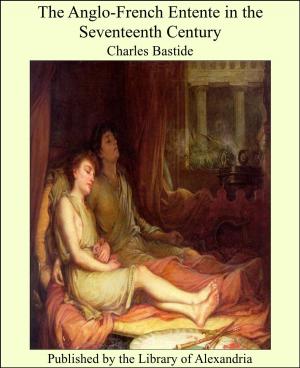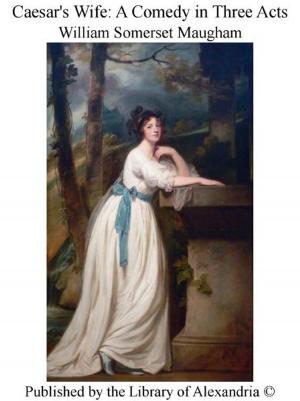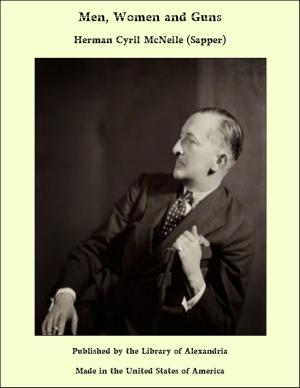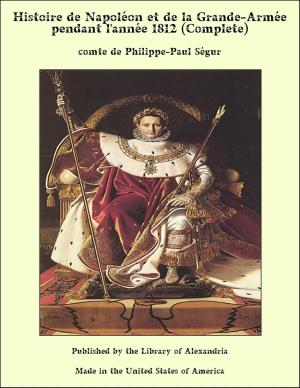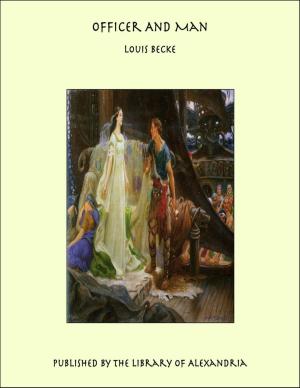Swift: English Men of Letters Series
Nonfiction, Religion & Spirituality, New Age, History, Fiction & Literature| Author: | Sir Leslie Stephen | ISBN: | 9781465615268 |
| Publisher: | Library of Alexandria | Publication: | March 8, 2015 |
| Imprint: | Language: | English |
| Author: | Sir Leslie Stephen |
| ISBN: | 9781465615268 |
| Publisher: | Library of Alexandria |
| Publication: | March 8, 2015 |
| Imprint: | |
| Language: | English |
Thomas Swift married Elizabeth Dryden, niece of Sir Erasmus, the grandfather of the poet Dryden. By her he became the father of ten sons and four daughters. In the great rebellion he distinguished himself by a loyalty which was the cause of obvious complacency to his descendant. On one occasion he came to the governor of a town held for the king, and being asked what he could do for his Majesty, laid down his coat as an offering. The governor remarked that his coat was worth little. “Then,” said Swift, “take my waistcoat.” The waistcoat was lined with three hundred broad pieces—a handsome offering from a poor and plundered clergyman. On another occasion he armed a ford, through which rebel cavalry were to pass, by certain pieces of iron with four spikes, so contrived that one spike must always be uppermost (caltrops, in short). Two hundred of the enemy were destroyed by this stratagem. The success of the rebels naturally led to the ruin of this cavalier clergyman; and the record of his calamities forms a conspicuous article in Walker’s Sufferings of the Clergy. He died in 1658, before the advent of the better times in which he might have been rewarded for his loyal services. His numerous family had to struggle for a living. The eldest son, Godwin Swift, was a barrister of Gray’s Inn at the time of the Restoration: he was married four times, and three times to women of fortune; his first wife had been related to the Ormond family; and this connexion induced him to seek his fortune in Ireland—a kingdom which at that time suffered, amongst other less endurable grievances, from a deficient supply of lawyers. Godwin Swift was made Attorney-General in the palatinate of Tipperary by the Duke of Ormond. He prospered in his profession, in the subtle parts of which, says his nephew, he was “perhaps a little too dexterous;” and he engaged in various speculations, having at one time what was then the very large income of 3000l. a year. Four brothers accompanied this successful Godwin, and shared to some extent in his prosperity. In January, 1666, one of these, Jonathan, married to Abigail Erick, of Leicester, was appointed to the stewardship of the King’s Inns, Dublin, partly in consideration of the loyalty and suffering of his family. Some fifteen months later, in April, 1667, he died, leaving his widow with an infant daughter, and seven months after her husband’s death, November 30, 1667, she gave birth to Jonathan, the younger, at 7, Hoey’s Court, Dublin.
Thomas Swift married Elizabeth Dryden, niece of Sir Erasmus, the grandfather of the poet Dryden. By her he became the father of ten sons and four daughters. In the great rebellion he distinguished himself by a loyalty which was the cause of obvious complacency to his descendant. On one occasion he came to the governor of a town held for the king, and being asked what he could do for his Majesty, laid down his coat as an offering. The governor remarked that his coat was worth little. “Then,” said Swift, “take my waistcoat.” The waistcoat was lined with three hundred broad pieces—a handsome offering from a poor and plundered clergyman. On another occasion he armed a ford, through which rebel cavalry were to pass, by certain pieces of iron with four spikes, so contrived that one spike must always be uppermost (caltrops, in short). Two hundred of the enemy were destroyed by this stratagem. The success of the rebels naturally led to the ruin of this cavalier clergyman; and the record of his calamities forms a conspicuous article in Walker’s Sufferings of the Clergy. He died in 1658, before the advent of the better times in which he might have been rewarded for his loyal services. His numerous family had to struggle for a living. The eldest son, Godwin Swift, was a barrister of Gray’s Inn at the time of the Restoration: he was married four times, and three times to women of fortune; his first wife had been related to the Ormond family; and this connexion induced him to seek his fortune in Ireland—a kingdom which at that time suffered, amongst other less endurable grievances, from a deficient supply of lawyers. Godwin Swift was made Attorney-General in the palatinate of Tipperary by the Duke of Ormond. He prospered in his profession, in the subtle parts of which, says his nephew, he was “perhaps a little too dexterous;” and he engaged in various speculations, having at one time what was then the very large income of 3000l. a year. Four brothers accompanied this successful Godwin, and shared to some extent in his prosperity. In January, 1666, one of these, Jonathan, married to Abigail Erick, of Leicester, was appointed to the stewardship of the King’s Inns, Dublin, partly in consideration of the loyalty and suffering of his family. Some fifteen months later, in April, 1667, he died, leaving his widow with an infant daughter, and seven months after her husband’s death, November 30, 1667, she gave birth to Jonathan, the younger, at 7, Hoey’s Court, Dublin.
